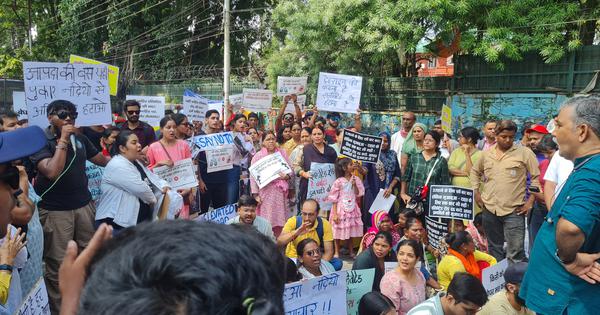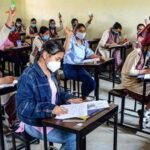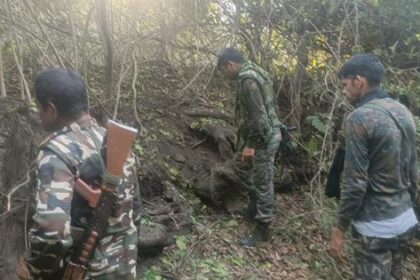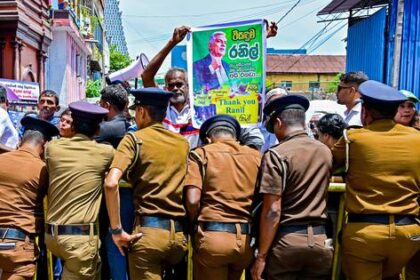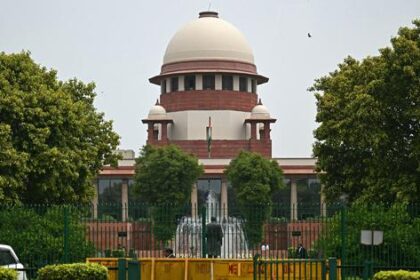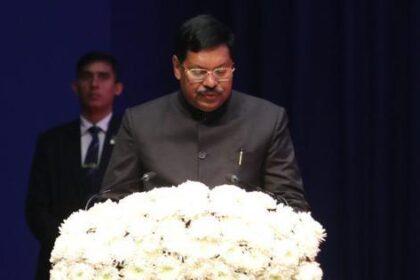Residents and activists voice opposition to the elevated road project, citing environmental and social risks.
A protest occurred in Dehradun, Uttarakhand, on Sunday in opposition to the proposed Rispana-Bindal Elevated Corridor Project. Residents and activists have raised alarms about the potential destruction of the Rispana and Bindal rivers and the displacement of thousands of people. This demonstration followed a devastating week during which heavy rainfall led to flooding and landslides, claiming at least 29 lives and leaving eight individuals missing in the district.
The elevated road project, estimated to cost Rs 6,200 crore, is designed to span approximately 26 kilometers over the riverbeds of Dehradun’s primary rivers. The initiative aims to alleviate traffic congestion and facilitate quicker access for tourists heading to Mussoorie. However, it poses a significant risk to over 2,600 structures that may be displaced due to land acquisition, as reported by government data.
Concerns have been voiced regarding the implications of the project on flood management and the potential impact on local aquifers, especially with the construction of embankments, pillars, and flood walls along the rivers. On Sunday, hundreds participated in a protest march from Gandhi Park to Lansdowne Chowk, where police intervention prevented them from proceeding further. The march concluded at Kanak Chowk, where protesters submitted a memorandum of demands to the city magistrate.
Notable speakers at the protest included environmentalist Ravi Chopra, who articulated that the project threatens to devastate the rivers, displace tens of thousands of residents, and exacerbate urban heat. Chopra also emphasized that the initiative could further aggravate existing drinking water shortages and contribute to increased pollution and environmental degradation.
Environmental activist Abhijay Negi pointed out past issues when riverbeds were excavated for sewer line installation, which had resulted in sewage flooding homes during the recent rains. He characterized the situation as alarming, stressing that the rivers have been compromised on multiple levels, both underground and on the surface.
Chopra, who leads the Peoples’ Science Institute, questioned how many lives must be lost before authorities recognize the flaws in this development plan. He highlighted the impending generation of vast amounts of debris from the riverbed and raised concerns about the associated noise and air pollution that would further burden the community.
Shankar Gopal from Chetna Andolan remarked that the recent weather-related incidents reveal the city’s vulnerability. He argued that if the elevated roads were already in place, the presence of construction debris would likely have exacerbated flood damage significantly.
Protesters also highlighted the ecological impact of the project, noting that it threatens to eliminate over 2,500 trees. They called for the project to be halted, urged for a thorough survey of disaster-affected individuals, and demanded relief and compensation for those impacted. Additionally, they suggested that resources should be redirected towards enhancing the public transport system in the city by introducing at least 500 new buses and providing free travel for women, students, and senior citizens.

